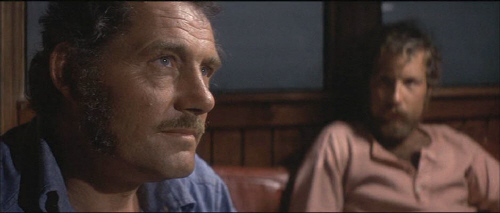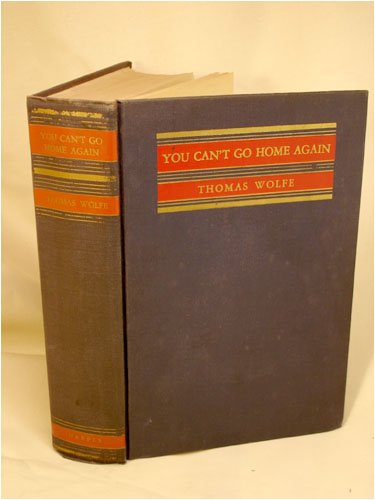
To sleep, perchance to dream—ay, there’s the rub,
For in that sleep of death what dreams may come
When we have shuffled off this mortal coil,
Must give us pause. There’s the respect
That makes calamity of so long life.
In Act 3, Scene 1, as part of Hamlet’s famous “To be, or not to be?” soliloquy, Hamlet wonders if in death, which he assumes is only sleep, what dreams may come. And whether they are different from the dreams of the living after the distractions of daily life have been removed. He wonders if these dreams are to be feared, which, he posits, may be the reason we are unwilling to end life’s suffering at our own hand. Such are the thoughts of a plotting Danish prince who knows his uncle has recently murdered his father and married his mother to make himself king. But the premise upon which this fantastic speech is based is one I can appreciate but not experience. You see, Hamlet dreams.
I do not dream, and therefore, do not experience worlds beyond the one my eyes reflect. Reality is my only realm. The wondrous, stupefying, and horrific experiences of reality comprise all of my knowledge. I am not the unwitting audience of my imagination’s creation and performance each night. People’s wishes of “sweet dreams” are lost on me. So, too, any dread of nightmares. But is that a willing price, were I able to negotiate this? I think so. I wish I could dream. That is my waking dream. So why not me?
I’ve heard people say we all dream, it is merely a matter of when during the sleep cycle we awaken that allow us to recall dreams. However, I find it improbable that I can awaken every morning in any sequence of sleep other than that which will enable me to remember dreams. And this is in spite of the fact that I do not go to sleep at the same time every night and that my sleep is unnaturally interrupted each morning by an alarm clock rather than me surfacing from my slumber of my own volition. Of the 365 nights each year, I may recall five dreams, essentially one dream every two and a half months, meaning over 98% of the time I will not dream. By comparison, Rosencrantz and Guildenstern flipping a coin and it landing on heads 85 times in a row seems relatively unremarkable.
I can think of no higher representative of humanity than our imagination. It can be both terrible and beautiful. No other creature possesses this power. Schools and society attempt to beat imagination out of us, which is why children should be encouraged to maintain and develop their creativity separate from the societal structure and the constraints we place upon them. And in no realm other than sleep does imagination manifest itself freer than in our dreams.
This condition leaves me longing for (and angry about and jealous of) what others tell me from time to time. People will, on occasion tell me they dreamt about my late wife. How it was nice to see her, hear her, laugh with her, as if she had taken the train from heaven to spend a little time with them in some previously negotiated agreement with God in a place between heaven and earth called sleep. Please do not misunderstand. I am very happy for them if it brings them comfort and happiness. Perhaps, too, they have the obverse of that same coin. Maybe they have nightmares about her suffering and dying (presumably not previously negotiated with God by Lisa) and they compassionately choose not to share those unwelcome dreams with me.
But I am left wondering if I am somehow not worthy of these almost tangible meetings. As if I am doing something wrong when I sleep. It leaves me lost in my waking conscience and subject to my limited imagination. Daydreams are malleable, but predictable in that they are rendered on the plane of consciousness, limited to reality’s laws of physics and rationale. Any comparative daydreams of mine are, in fact, nothing more than misremembered or subjective memories. Not so dreams. People dream of flying, falling, and, of course, spending time with people both famous and familiar who have died. Why not me?
A.A. Milne’s Winnie-the-Pooh says, “I think we dream so we don’t have to be apart for so long. If we’re in each other’s dreams, we can be together all the time.”
Nothing against anyone else, but why not me?




